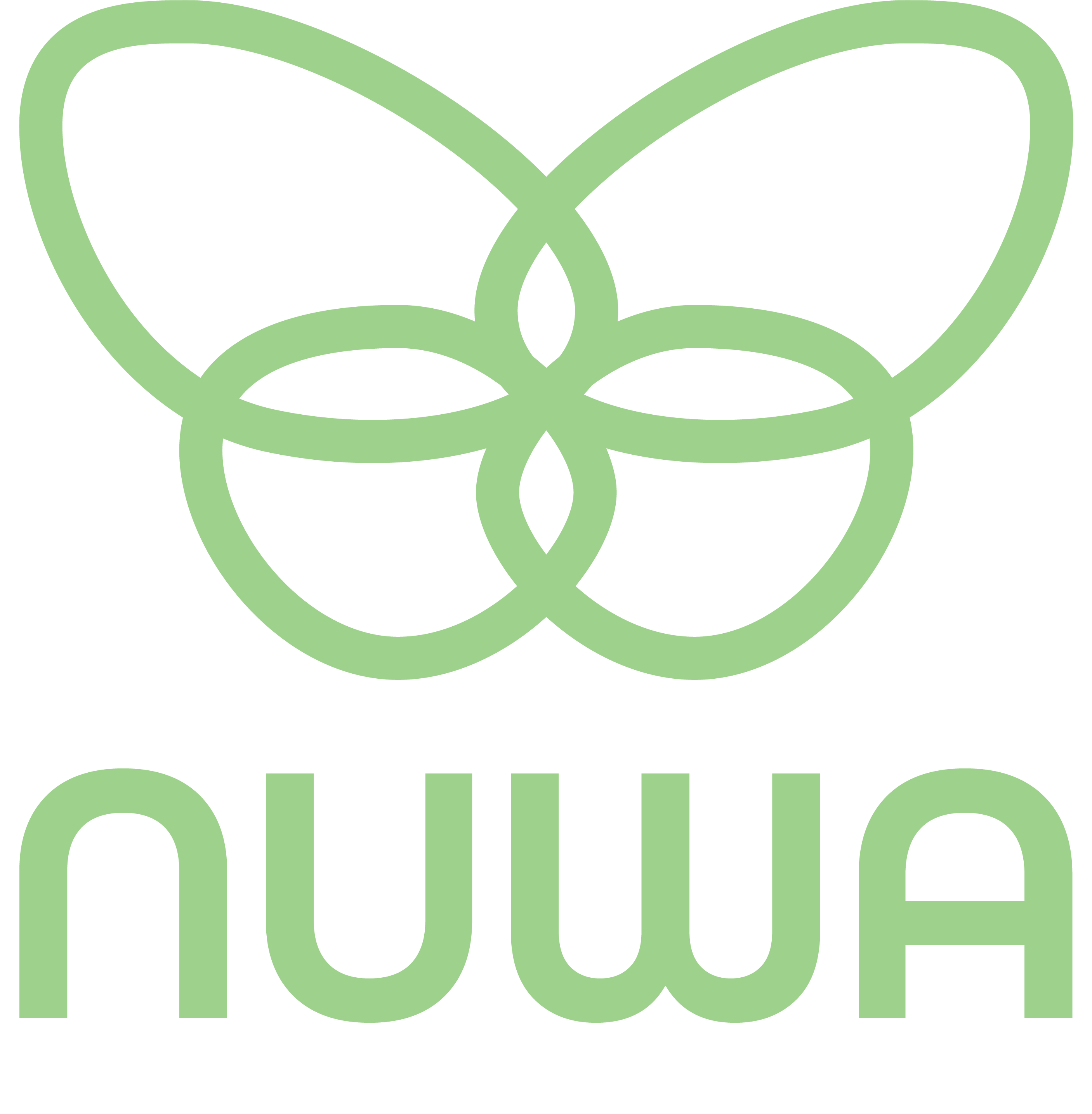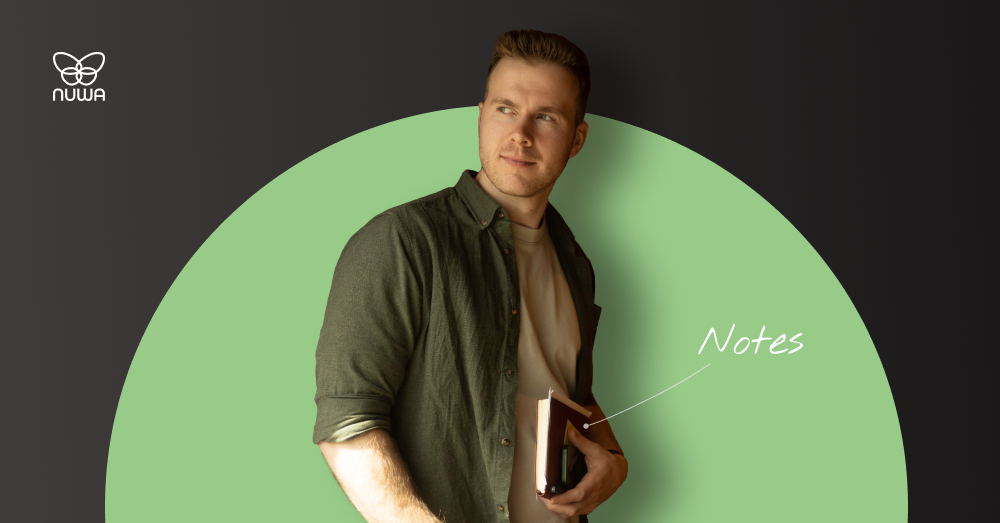Research and Development (R&D) is a critical component of any successful business. It’s responsible for innovations like the iPhone, iPod, television, electric cars and bikes, and countless other products integral to our daily lives. It’s fascinating how much effort goes on behind the scenes to launch new and original products. However, it’s easy for the end consumer to overlook this effort when they tear open the packaging.
As a startup technology company, our identity is intertwined with research and development. It made the Nuwa Pen possible, and we continue to value it as we approach mass shipment. Today, we want to shed some light on the extensive behind-the-scenes work involved and how your small business can maximize research and development opportunities.
First, Some Context
First, Some Context: R&D is responsible for some astonishing figures. Amazon is the biggest spender, investing around $43 billion annually (11% of net sales) — comparable to the total GDP of Estonia. Meta spends less in absolute terms but a larger percentage of its total sales.
As you can see, R&D spending is substantial, and it’s challenging to keep up. However, this doesn’t mean you should stand still. R&D spending doesn’t always equal profit. Meta has lost over $46 billion on the Metaverse. However, that doesn’t mean it can’t change. Sometimes, these things are slow burns.
One of the slowest burns in technology might be the humble TV.
The Story of Television
The Story of Television: A hundred years passed from the first seeds of the television being planted to the first public broadcast. It took another 37 years before most TV sets could relay color images. That’s a mind-boggling timeline. Fortunately for the TV, there were no expectations or eagerly awaiting customers.
The 19th and 20th centuries were periods of unparalleled development, pushing humanity forward faster than it could keep up. In 1870, Joseph Henry and Michael Faraday (the pioneers of electromagnetism) had no idea what their discoveries would eventually produce. The same can be said for Alexander Graham Bell, Thomas Edison, and their primitive telephone.
All four names, among many others, were vital for the development of the TV — although only towards the turn of the 20th century did people start focusing on the TV as we know it. The development of the TV illustrates two things: it takes ages to make new tech work, and you never know where your research might lead.
Lessons from R&D in Television:
- Explore Multiple Areas: The bigger you are, the more roads you can travel. But even for small businesses, it’s important to be flexible and pivot if your current direction isn’t yielding results.
- Research Before You Research: Often, someone, somewhere will have answers to the questions you’re asking. Ensure you conduct thorough preliminary research before starting your work.
- Be Open-Minded: Just because something hasn’t been done doesn’t mean it can’t be. True R&D pushes the boundaries of possibility. If people think you’re wasting time, you’re probably onto something innovative.
How Nuwa Conducts R&D
When we decided to build the Nuwa Pen, the smartest pen in the world, we knew we had to dedicate our brainpower to each step. There’s little room for extracurricular activities when starting from scratch. That’s why we chose to be very selective with our R&D.
For starters, we researched the surrounding fields: consumer electronics hardware, AI algorithms, computer vision, and more. After completing this initial stage, we had a better understanding of existing technology and identified knowledge gaps. At Nuwa, we have researched and implemented different technologies into our algorithm. It’s been — and continues to be — a journey of testing different hypotheses for complex problems and seeing which works best. And that goes for every department from industrial design to software and marketing.
Since the beginning of the year, we’ve taken our efforts to the next level. Domenica, our in-house researcher, has been vital to our speed of development. Unlike the TV, it won’t take us 100 years to finish the Nuwa Pen. Her ongoing research has also presented new feature ideas and concepts for future products.
We’ve also leveraged our surroundings. Being located near one of the best universities in The Netherlands has allowed us to utilize graduates, interns, and a sample population. This proximity has made it easier to find talent and conduct in-house experiments.
What Your Small Business Can Do
We’ve all heard this advice before — focus on your unique advantage. This advantage doesn’t have to be your skills; it might be the location of your office or the problem you’re desperate to solve. Perhaps the better piece of advice for small businesses is this: focus on filling the gaps. Let’s face it, you won’t get very far if you aim to develop a new smartphone. However, there are many niche areas in consumer electronics and other fields that remain unexplored.
Focus Your Energy in One Space: This doesn’t mean doing one thing or following one path but maintaining an overall focus. This ‘north star’ will ensure each piece of research and every discovery is valuable, either immediately or in the future.
Treat R&D Like Betting: Only invest what you are willing to lose. There are no guarantees that you’ll reap the rewards of your research. If you bet everything on one piece of research and it turns into a dead-end, you’ll be in trouble.
Being a small fish in a big pond is hard work. You need to do everything you can to grow while avoiding being eaten. However, it comes with advantages such as speed and agility. For small businesses, R&D can be supercharged when a select few make big decisions quickly, improvise solutions, or pivot directions in a day or two. In our experience, this approach saves both time and money.
At the end of the day, R&D is like everything else in life: the more you put in, the more you get out. However, that ‘more’ doesn’t have to be money; it can be ingenuity, time, talent, and elbow grease.
Let us know what R&D methods you’ve found to keep up with the big players.
Want to know more about the smartest pen in the world? Of course you do! Check out the links below.




Leave a comment
This site is protected by hCaptcha and the hCaptcha Privacy Policy and Terms of Service apply.